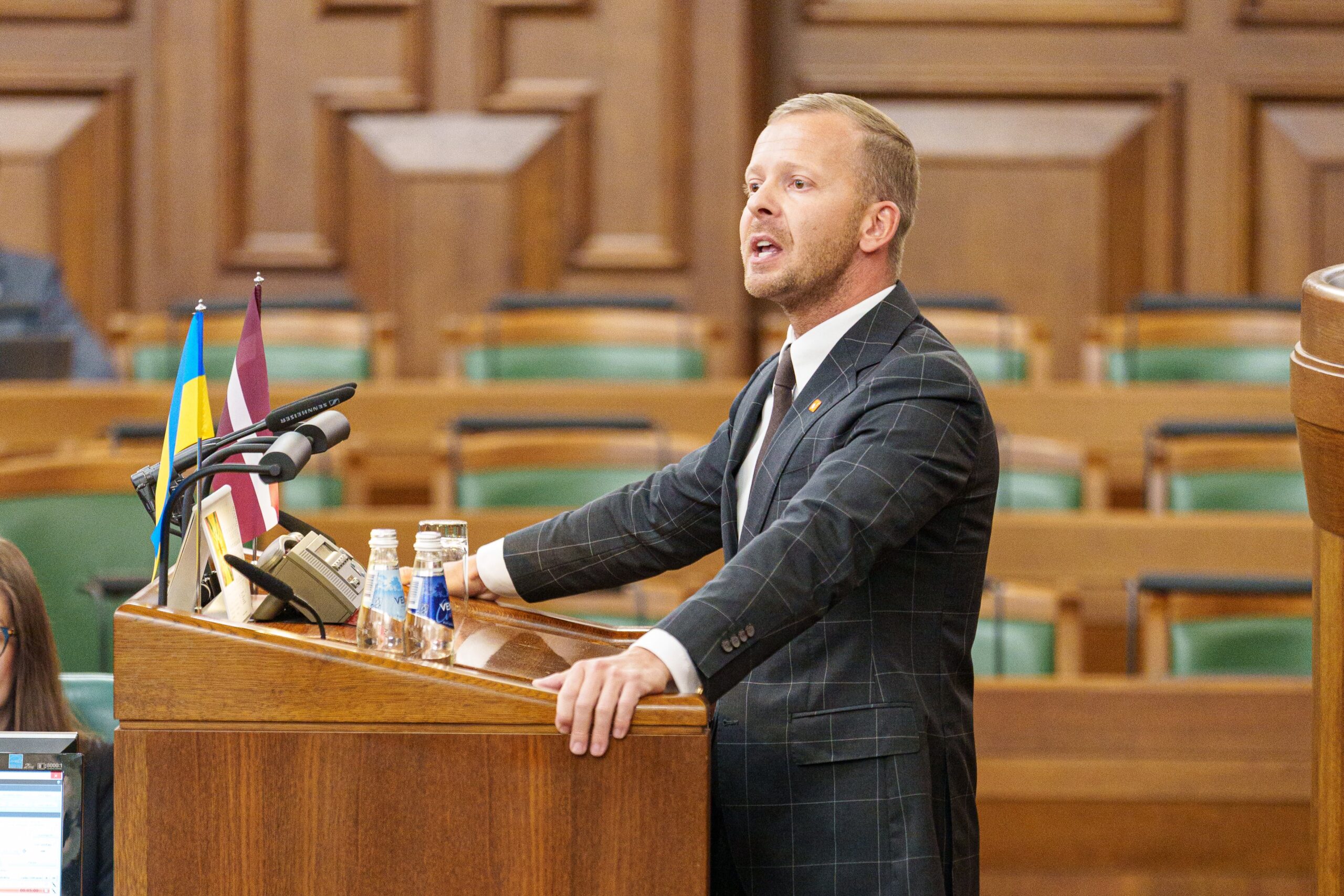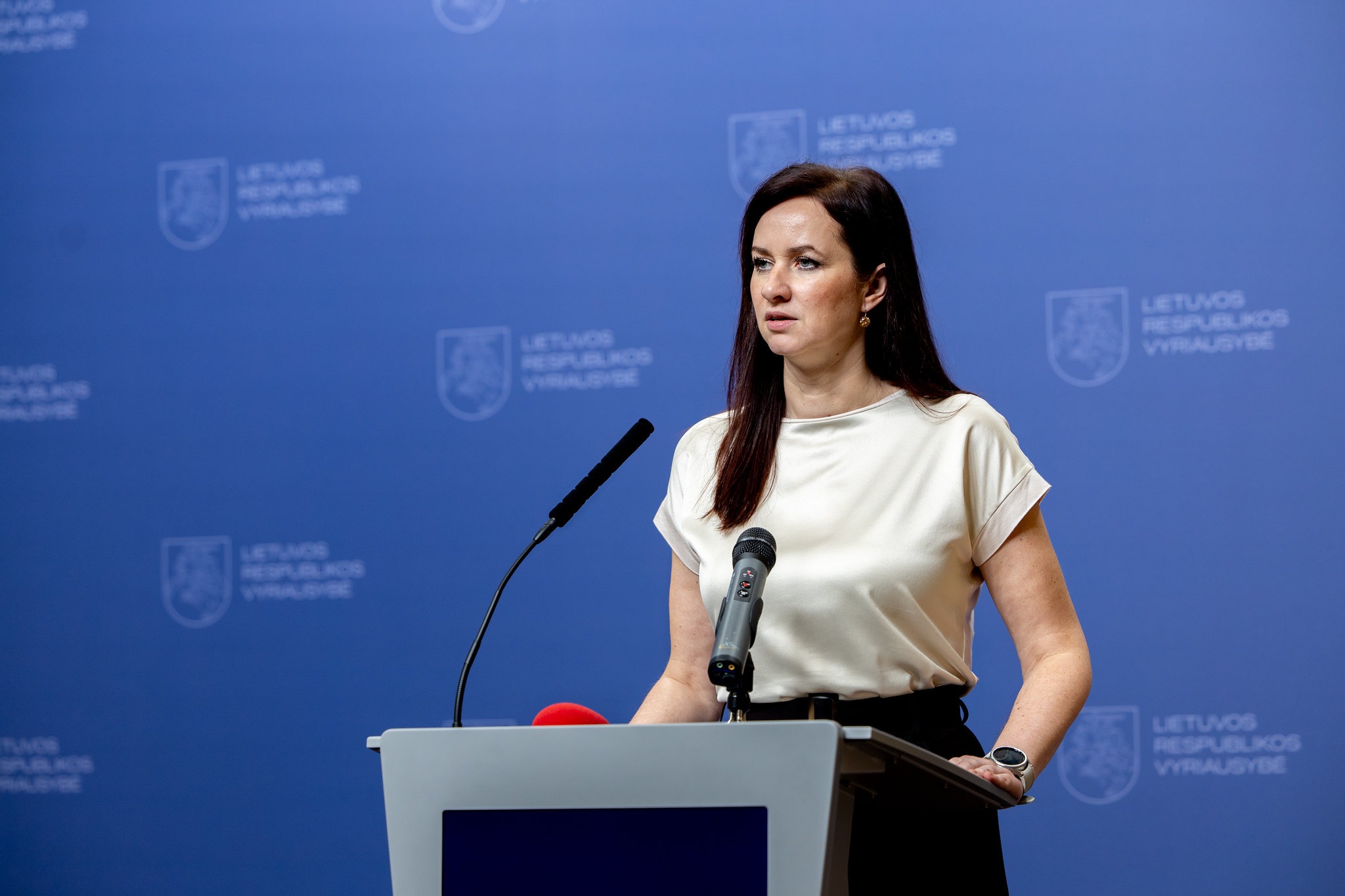
Main narratives:
- Persecution of Russian speakers
- The government is conspiring against populists
Overview:
Two distinct but interconnected narratives have emerged from recent social media posts by Latvian opposition politicians, both centered on claims of institutional bias and selective justice. These narratives, while addressing different issues, share a common rhetorical strategy: positioning their authors as victims of a politicized system that privileges certain voices while silencing others.
Rosļikovs of the Stability party has constructed perhaps the most dramatic narrative, framing his pending prosecution as evidence of a fundamentally unjust legal system. His repeated assertion that “In Europe, they give seven years for murder, but for defending Russians, for defending the Russian language, for defending your right to be yourself – 25” creates a stark moral contrast designed to shock and outrage. The comparison between violent crime and political speech is deliberate, suggesting that the Latvian state treats advocacy for Russian minority rights as more dangerous than taking a human life. His claim of being “100 percent confident of a guilty verdict” before trial even begins portrays the judicial process as mere theater, with the outcome predetermined by political considerations rather than evidence or law. This video on TikTok gained half a million views, a lot of them outside of Latvia.
What makes Rosļikovs’ narrative particularly potent is his transformation of legal jeopardy into political martyrdom. He frames the charges against him, which include inciting national hatred and providing assistance to Russia in actions against Latvia, not as serious national security concerns but as persecution for identity and speech. By scheduling his posts around procedural milestones and calling for continued support, he creates an ongoing drama that casts him as a defiant figure standing against an oppressive system.
Ainars Šlesers of Latvia First party weaves a parallel narrative focused on media bias and the weaponization of state resources. His posts construct a world where public institutions and state-funded media operate as propaganda arms for the governing coalition, selectively amplifying causes aligned with government preferences while marginalizing dissent. The Istanbul Convention becomes, in his telling, not just a policy position but evidence of systemic corruption, where taxpayer money underwrites advocacy for progressive causes while protests against those same policies are ignored or denigrated.
Šlesers’ comparison between COVID-era protests and contemporary political events serves a specific narrative function. He claims that demonstrations against vaccination mandates and government health policies were either ignored entirely or portrayed through a lens of contempt, characterized as gatherings of social undesirables rather than legitimate political expression. This alleged double standard becomes proof of institutional capture, where the same media organizations that supposedly refused to cover anti-government protests now actively promote government-aligned causes.
Both narratives operate within a larger framework that questions the legitimacy of Latvia’s institutions and the neutrality of its public sphere. They suggest that the machinery of the state, from courts to public broadcasters, functions not as neutral arbiters but as instruments of political control wielded by those in power against their opponents. The rhetorical power of these narratives lies not in their factual claims, which remain contested, but in their emotional resonance with audiences who may already harbor suspicions about institutional fairness.
These competing stories about justice, media, and state power reflect deeper tensions within Latvian society about identity, security, and the boundaries of acceptable political discourse. Whether viewed as legitimate criticism of institutional overreach or as attempts to delegitimize necessary safeguards against genuine threats, these narratives demonstrate how political actors construct and deploy stories of persecution to mobilize support and challenge the status quo.









